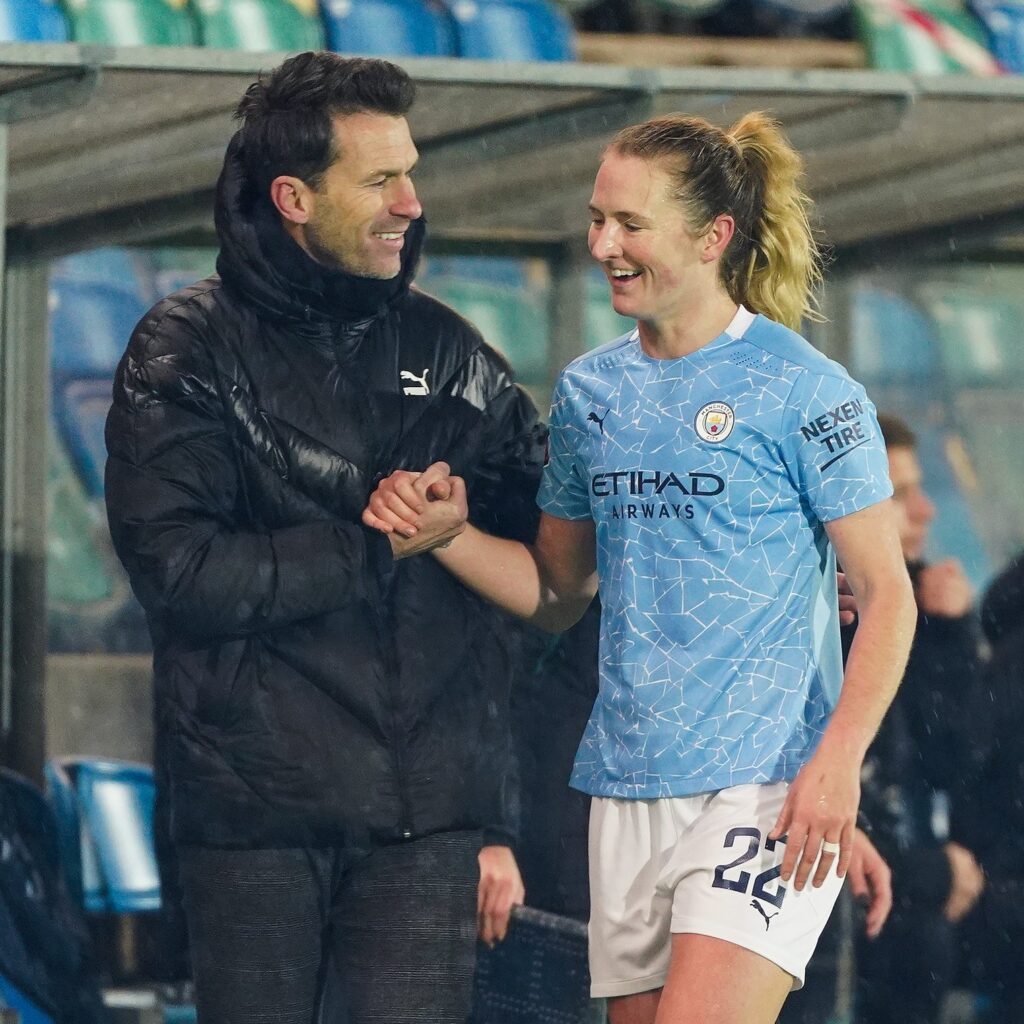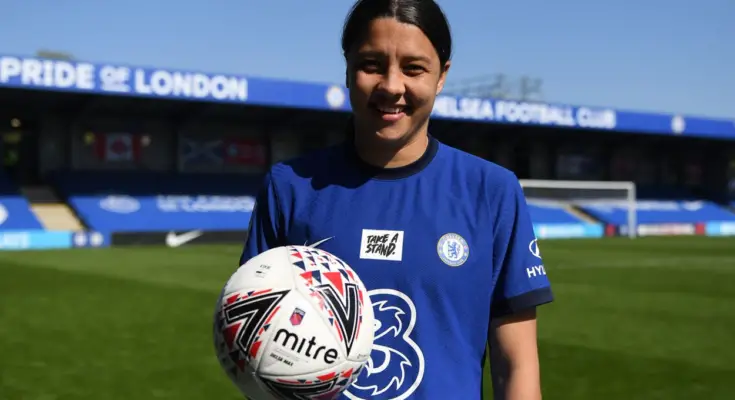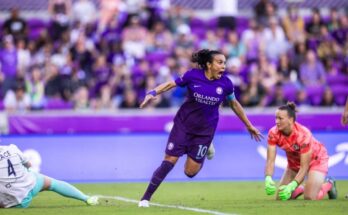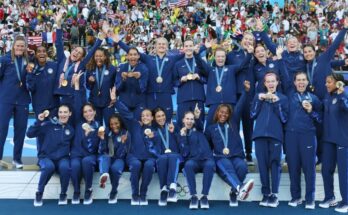Sunday, Paris Saint Germain beat Lyon in a monumental upset, in the UEFA Champions League quarterfinals. Lyon hasn’t lost a Champions League trophy since the 2015/16 season. Just north of France, English women’s sides competed in the FA Cup tournament. A tradition that pits teams in a country-wide tournament. All tiers of English soccer compete in it throughout the year. What about the European Super League’s impact on Women’s soccer?
The storylines of the day took a backseat to the breaking news surrounding a group of the largest European teams. The Sunday Times, of England, reported that 12 teams plan to compete in a $6 billion dollar Super League, starting in 2023/24. Included are clubs from Spain, Italy, and England. The governing body of European football, UEFA, and domestic league governing bodies from all three countries has already released a statement. In it, they warn that breaking away will lead to bans for teams in their domestic leagues, UEFA Champions League, and even potential bans on the international level for players that agree to join those teams.
So, what does this mean for the growth of women’s soccer? As per usual, the talk is surrounding the men’s senior sides for all of these clubs. There are big concerns to talk about, in regards to the effect on the women’s game.
Women’s clubs have begun leveraging increased viewership and support into larger streaming and television contracts. CBS streamed UEFA Women’s Champions League matches during last year’s campaign. Last month, the BBC and Women’s Super League agreed on a contract netting the league 75% of 13.8 million dollars per season contract to air matches in England. Worldwide, the English Football Association streams matches from the top two tiers of women’s soccer on their FA Player app.
In Spain, Barcelona and Real Madrid are now investing in their women’s teams more than ever before. Barcelona, who is linked to the super league reports, is one of four teams in the semi-finals of this year’s Champions League. Also, in it is another team in the super league talks; Chelsea Football Club of England.
Nothing within the official reports lists the women’s teams as part of the conversation. If these 12 clubs move forward with the league and received competition bans; it doesn’t seem likely that UEFA would look kindly upon women’s teams that are now funded and supported by the club’s front offices. In turn, a lot of these financial investments could go by the wayside. If Manchester City, Chelsea, Manchester United, Arsenal, and Tottenham (all teams linked to the reports) can’t play in the Women’s Super League, will the BBC keep their contract for teams that don’t have star-studded lineups or big pocketbooks?
Since UEFA is also part of the world governing body FIFA, it could spell the end of key women’s players representing their countries. For the women’s game, it won’t be as easy for players to leave banned clubs, like their male counterparts. The amount of money paid to women’s players, like Sam Kerr at Chelsea, is likely more than they make representing their countries. Kerr left the Chicago Red Stars, of the National Women’s Soccer League, making $46k in salary. At Chelsea, she earns more than $600k a year, not including endorsements or national team pay.
The United States National Team, who has been in court fighting equal pay issues since March of 2019, lost names to linked super league clubs too. Abby Dahlkemper signed a long-term contract at Manchester City. She currently plays with fellow US teammates Sam Mewis and Rose Lavelle.
Stanford University soccer star, and US international, Catarina Macario opted out of the 2021 NWSL draft to sign with Lyon of France; showing signs that the United States is no longer owning the market on the best soccer talent in the world. French clubs like Lyon and PSG, and German clubs, aren’t part of the Super League at this time. Allocation money has allowed teams to sign players beyond the league maximum contract level, but NWSL sides can’t compete with Kerr-level contracts.
Are women’s teams included? If there isn’t a parallel women’s version of the league, do clubs stop investing to focus their efforts on the men’s game? If the Super League starts and then falters financially due to public backlash or the world’s best avoiding its teams; the women’s game is a likely candidate for getting cut from their budgets.
There are also issues if they do have a similar women’s league. The amount paid to players at these clubs dwarfs what other leagues can pay; even the NWSL doesn’t have the same financial backing as global soccer brands. If the league is successful, it will monopolize the best talent in the women’s game under one league of teams.
Globally, the World Cup will also take a hit. If given the chance to make hundreds of thousands at a Super League team per season; rises to millions a year, any player would consider taking the international ban and playing in the league.
Also, if they aren’t included in the league, and get banned domestically, are players across 12 teams now unemployed? Contracts on big names like Kerr, Mewis, and Dahlkemper would be signed quickly. But there are only so many team roster spots available. Many who aren’t paid the same wages would take less pay at smaller clubs or leave the game entirely.

The men’s game will survive a Super League. The impact to the women’s game will be far greater.
An announcement could come as quickly as tonight from the Super League teams. There are a lot of “ifs” surrounding this league, and its impact on the women’s game. Time will tell if teams buckle under the weight of the negative press or continue with its adoption.
Follow me on Twitter @1ThomasCostello. And check out Beyond Women’s Sports for more articles on amazing women and their sport.




